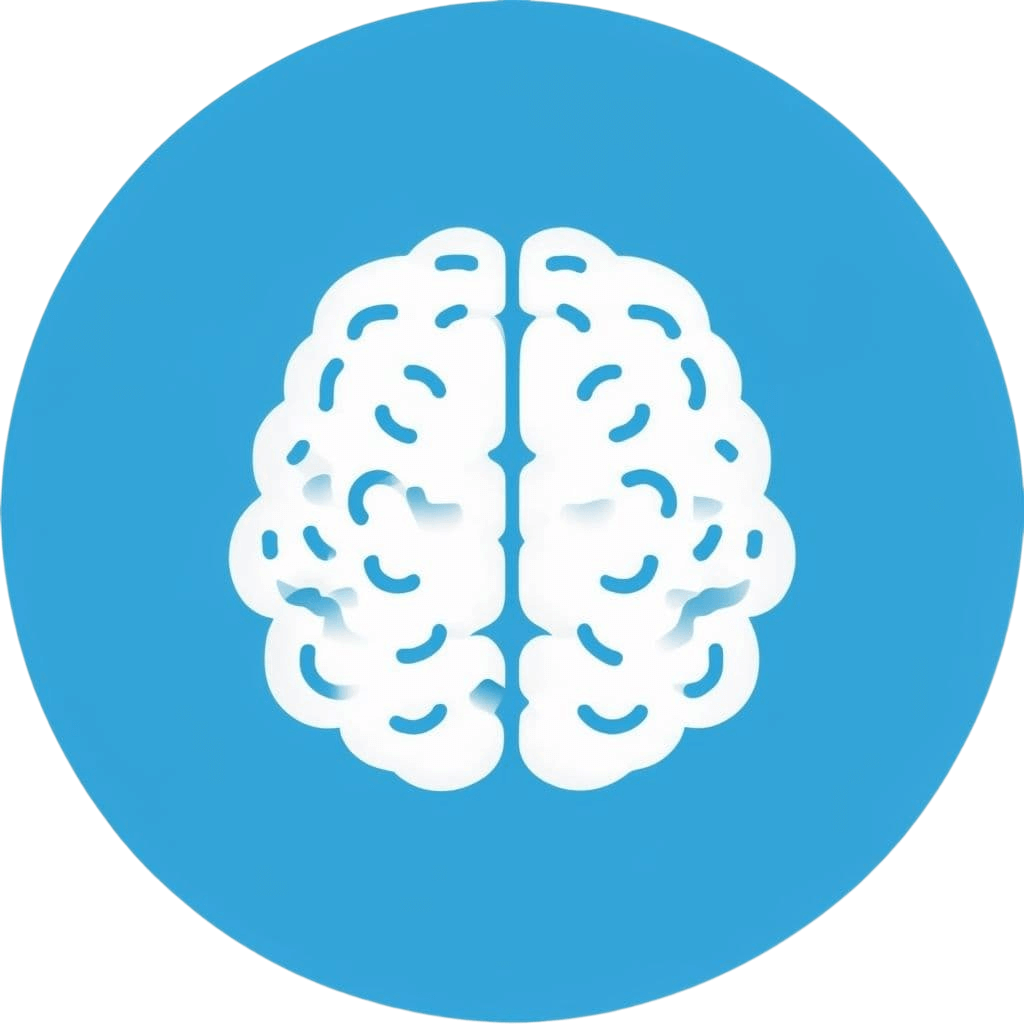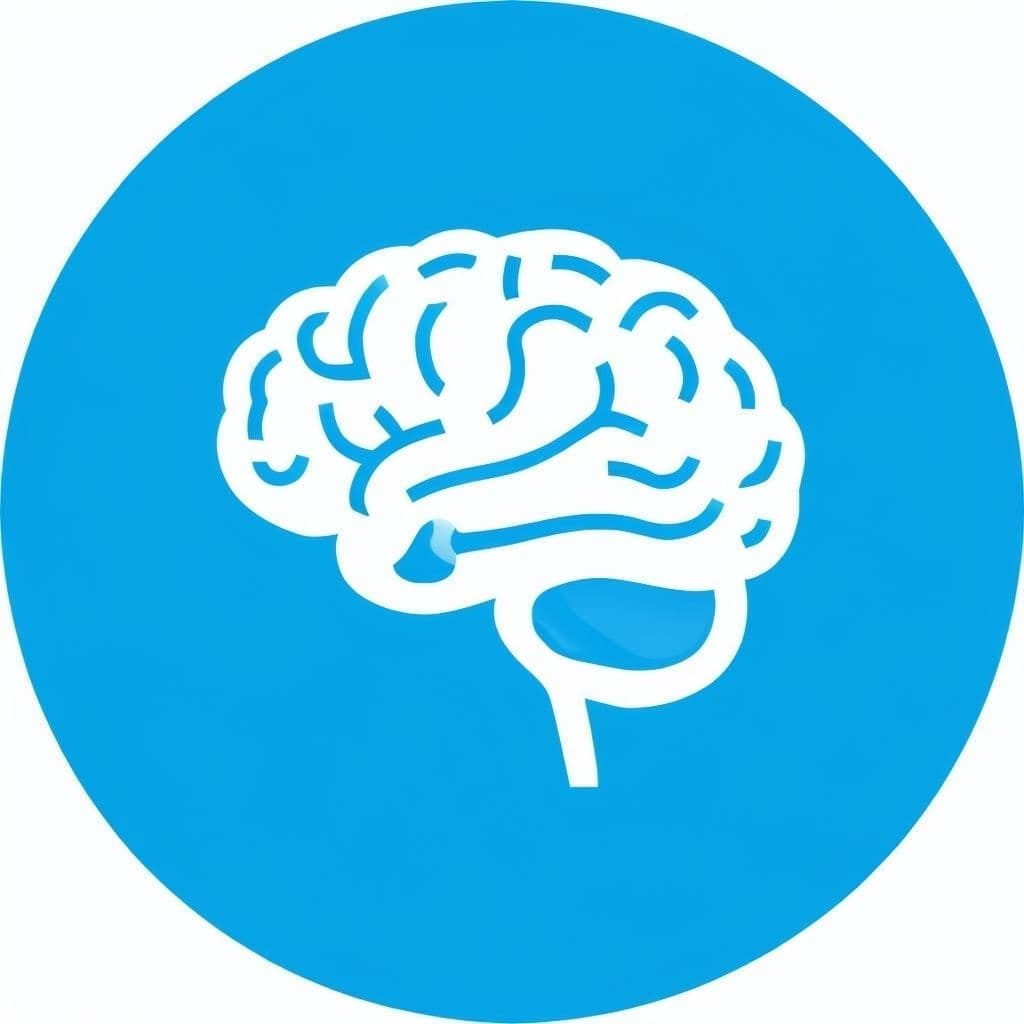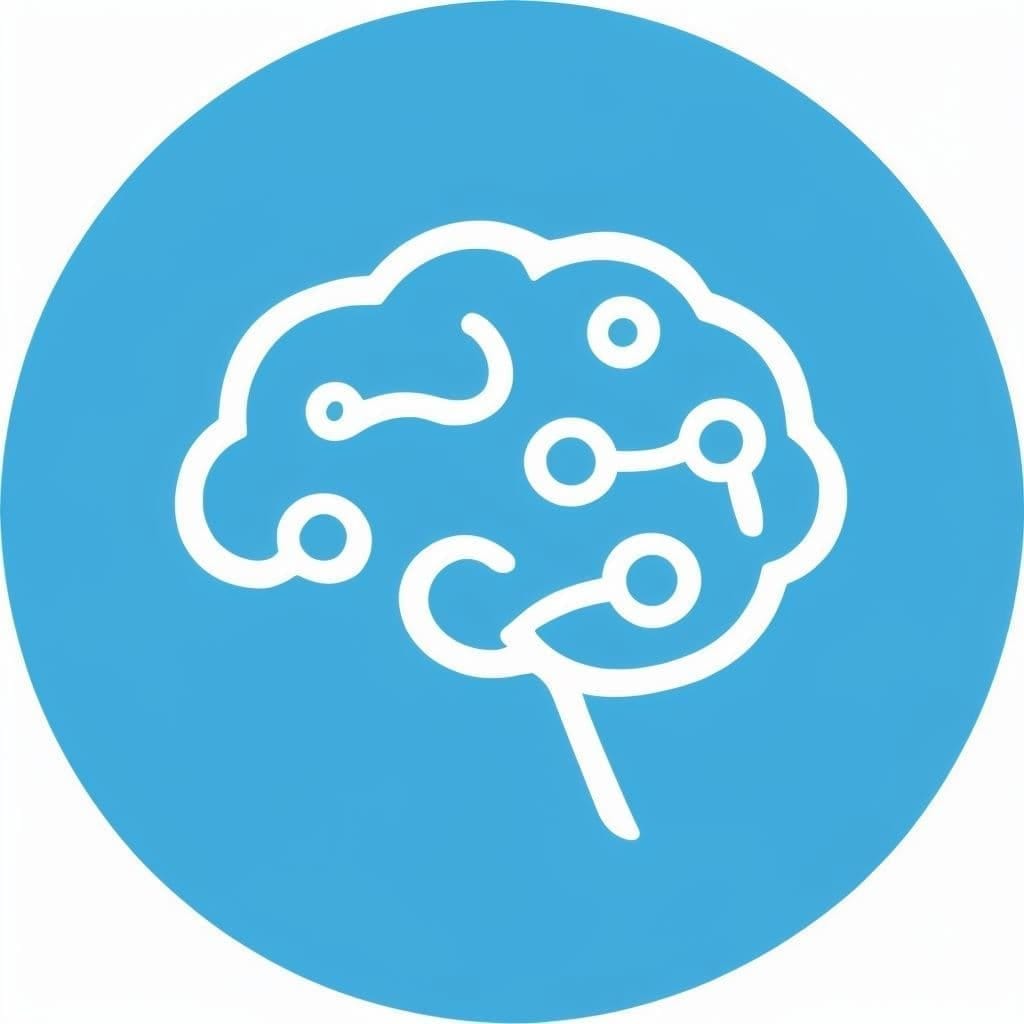Alzheimer’s and Stages
Understanding the Progression and Finding the Right Support
Alzheimer’s and Stages
Understanding the Progression and Finding the Right Support
What Are the Stages of Alzheimer’s Disease?
Alzheimer’s disease is a progressive brain condition that affects memory, thinking, and behavior over time. While each person’s experience is unique, experts generally divide the disease into three main stages:
Understanding these stages helps families and caregivers prepare for what’s ahead and choose the right support, products, and routines as needs evolve.
Each stage brings different challenges—and also different ways to help your loved one stay comfortable, connected, and safe. Below, you'll find a brief overview of each phase and a link to explore helpful tools and recommendations for that stage.
Why It’s Important to Know the Stage
Knowing what stage of Alzheimer’s your loved one is in can make a real difference in how you care for them.
Each stage affects the brain in different ways, which means their needs, abilities, and emotions will change over time. When you understand where they are in the journey, you can:
Choose the right daily activities that support memory and dignity
Use products that match their current abilities and reduce frustration
Create a safer home environment as mobility and awareness shift
Communicate more effectively and build stronger emotional connection
Plan ahead for medical care, routines, and additional support
You don’t need to figure it all out at once. But recognizing the stage they’re in is the first step to providing care that feels calm, thoughtful, and truly helpful.
Support and Product Recommendations for Each Stage
As Alzheimer’s progresses, your loved one’s needs change—but so do the ways you can help.
Each stage brings unique challenges, and choosing the right tools can make everyday life safer, calmer, and more comforting.
Explore our recommended products and caregiver tips tailored to each stage of Alzheimer’s disease:
Early Stage (Mild Alzheimer’s)
In this early phase, people may still live independently but start showing signs of forgetfulness, confusion, or trouble with organization. Staying mentally active and emotionally connected is key.
👉 View Early Stage Recommendations
Support focus, memory, and independence.
Middle Stage (Moderate Alzheimer’s)
During the middle stage, memory loss and confusion become more noticeable. Your loved one may need help with daily routines and emotional support becomes even more important.
👉 View Middle Stage Recommendations
Create comfort, routine, and meaningful interaction.
Late Stage (Severe Alzheimer’s)
At this stage, individuals often require full-time care. Communication becomes limited, and the focus shifts to physical comfort, sensory stimulation, and emotional soothing.
👉 View Late Stage Recommendations
Provide peace, safety, and gentle engagement.
FAQ
In the early stage, focus on keeping the brain active, maintaining social connections, and creating simple routines. Planning ahead and making small safety adjustments at home can also be helpful.
Puzzles, memory games, music, light exercise, and creative hobbies like drawing or journaling are great for early dementia. These help preserve mental function and boost emotional well-being.
Be patient and supportive. Offer help with organizing tasks, keep conversations calm and simple, and encourage activities that make them feel confident and independent.
Establish a daily routine, use visual cues, and focus on safety at home. Activities like folding towels, sorting cards, or listening to familiar music can bring comfort and structure.
Provide emotional reassurance and consistent support. Use memory aids, limit choices to reduce confusion, and offer activities that match their current abilities.
Try sensory-based activities like holding a soft blanket, brushing their hair, or listening to gentle music. Keep interactions simple, warm, and reassuring.
In late-stage dementia, stimulation should be gentle and soothing. Consider soft dolls, therapy pets, hand massages, or calming light shows. The goal is to create peace and connection.
Look for changes in memory, speech, mobility, and ability to manage daily life. If you’re unsure, talk to a doctor or neurologist for a full evaluation.
If safety becomes a concern or caregiving feels overwhelming, it may be time to seek extra help. Assisted living or memory care can offer a safer and more structured environment.
Need Personalized Help?
Caring for someone with Alzheimer’s isn’t easy—and you don’t have to do it alone. Whether you’re just starting to notice changes or you’re deep in the daily challenges of advanced care, we’re here to support you.
👉 Explore our product guides by stage to find tools and activities that truly make a difference.
👉 Visit our blog for caregiver tips, expert advice, and emotional support.
👉 Reach out anytime—we’re working to build a caring space where you can find the clarity and confidence you need.
Because every stage matters. And so do you.
Looking for More Support?
If you need emotional guidance, medical advice, or caregiver resources beyond product recommendations, these trusted organizations can help:
Alzheimer’s Association – 24/7 Helpline & local support
Get free help, educational tools, and community programs across the U.S.National Institute on Aging (NIH) – Alzheimer’s information
Learn about symptoms, stages, treatment, and research.Family Caregiver Alliance – Support for caregivers
Legal, financial, and emotional resources tailored to caregiver needs.Eldercare Locator – Find local aging services
A free U.S. government tool to locate nearby care programs.Alzheimer’s Disease International (ADI) – Global support network
Access multilingual information and find support in over 100 countries.

Affiliate Disclosure:
This website contains affiliate links. If you click on these links and make a purchase, we may earn a small commission at no additional cost to you. These commissions help us keep this site running and allow us to continue creating helpful content to support caregivers and families.


